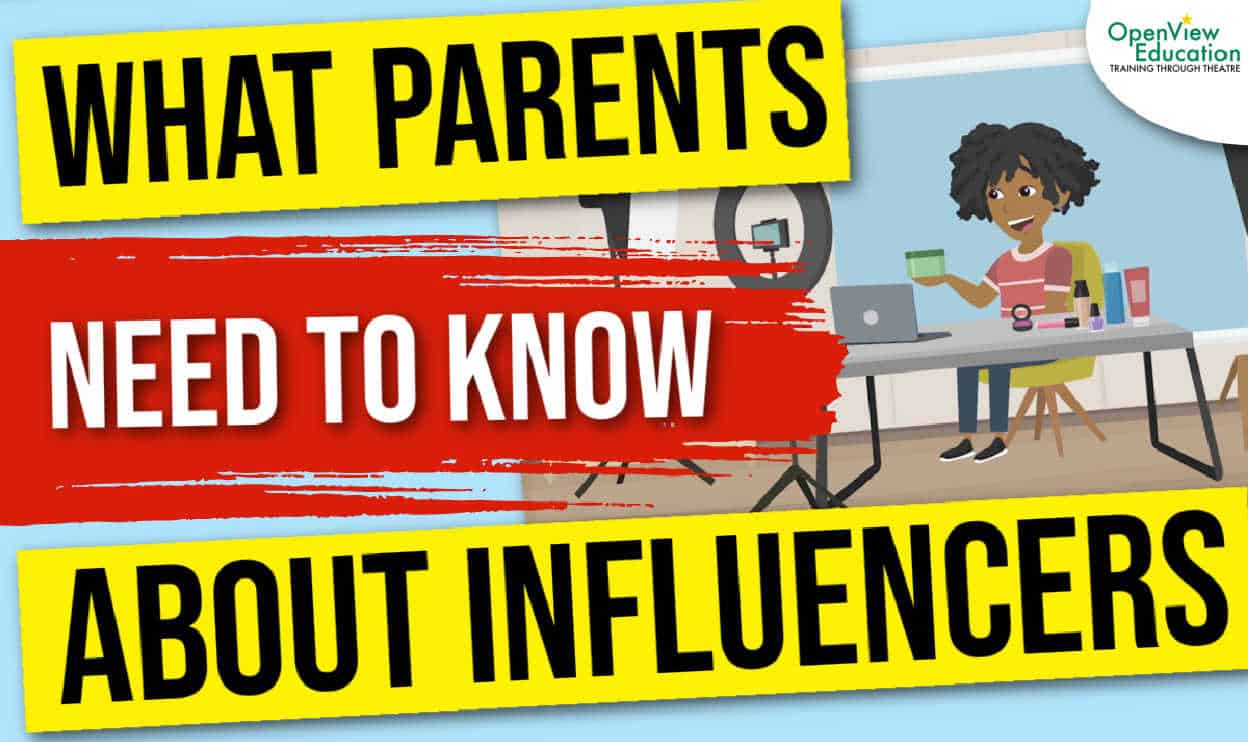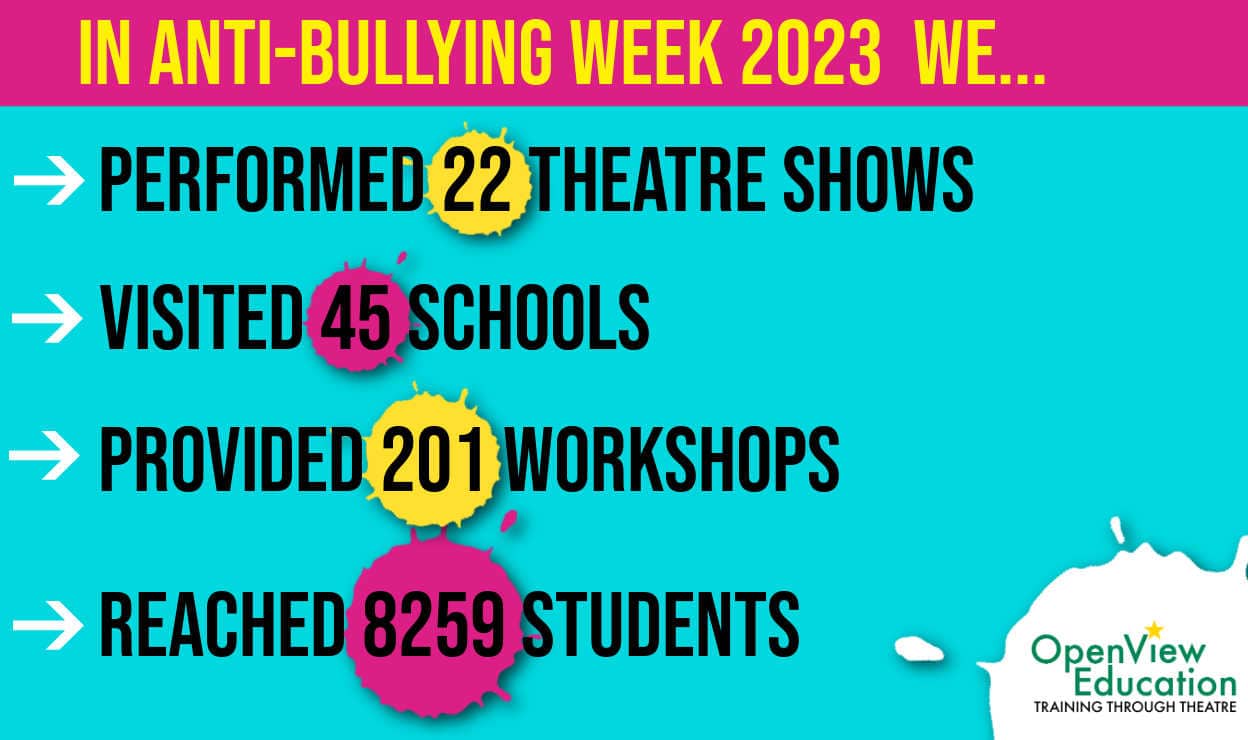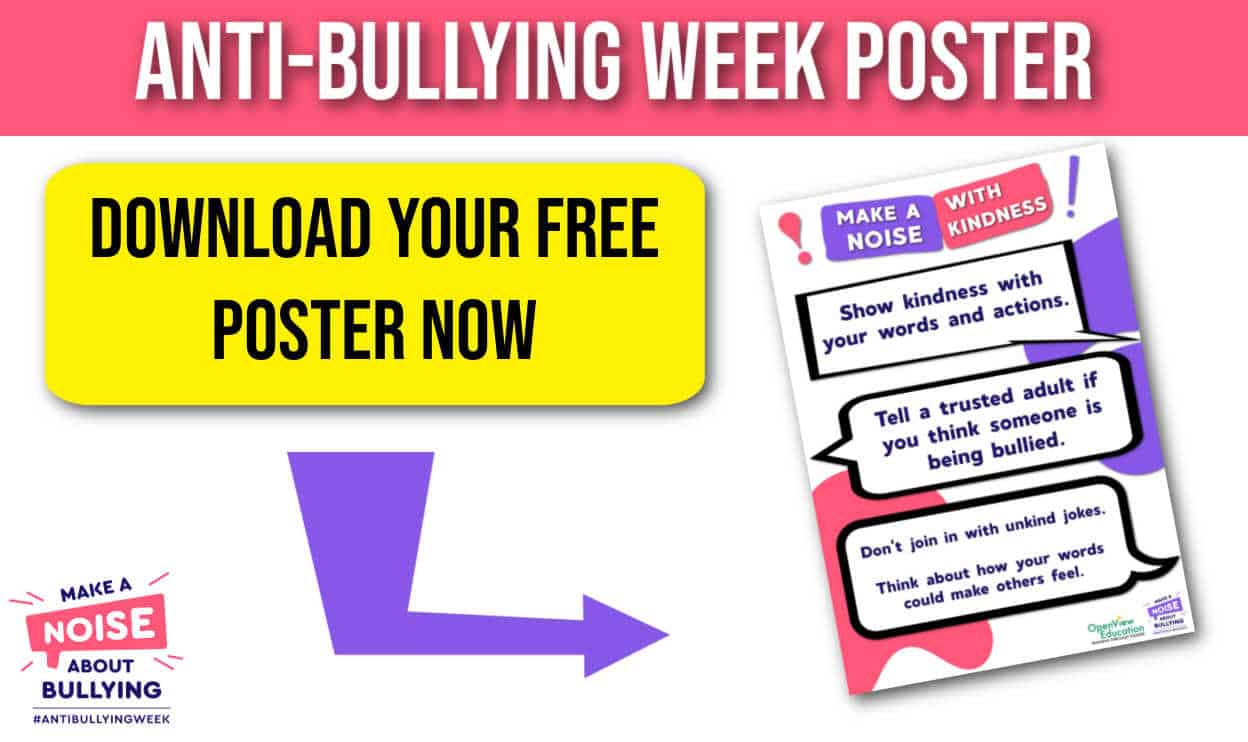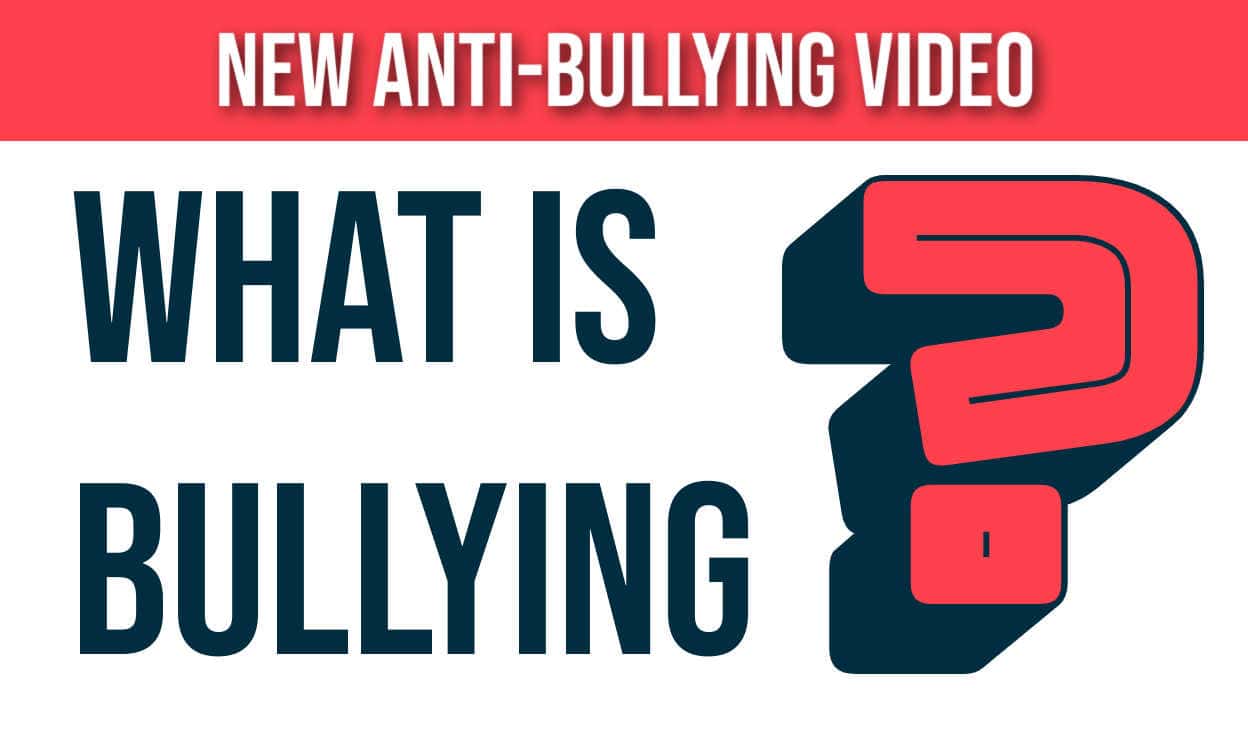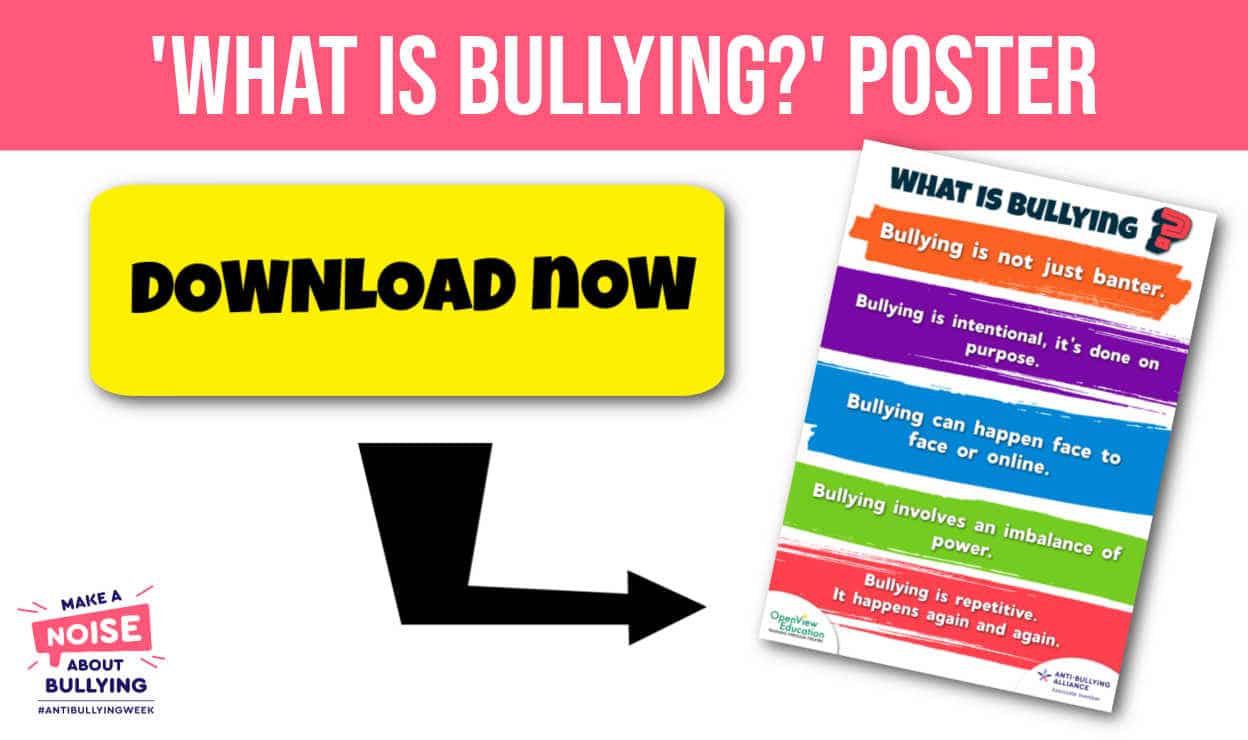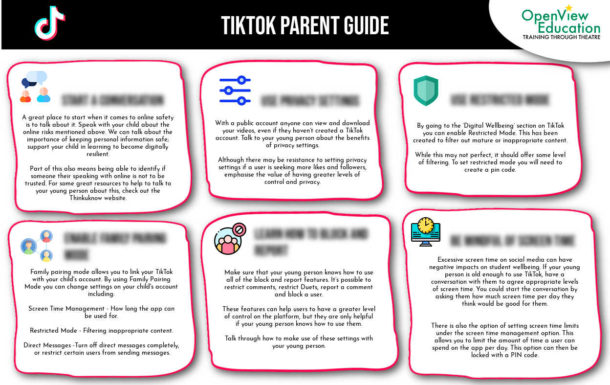To help children and young people deal with challenges and develop resilience, Mental Health Awareness Week is a great opportunity to start a mindfulness practice with your children at home or students in the classroom.
Why mindfulness?
A mindfulness practice simply involves holding our conscious attention on one thing or activity for a period of time. When our mind wanders, we bring the attention back to that one thing. This could be focusing on our breathing, the sounds that we hear in our environment or the food we are eating.
There’s been a lot of research into the benefits of mindfulness practices, and more recently research has shown benefits specifically for children and young people. Regular Mindfulness can improve our ability to focus, help us to manage our emotions and, over time will lead to improvements in our overall wellbeing and mental health.
The findings show that pupils with higher levels of wellbeing generally perform better academically. Conversely, lower levels of wellbeing is linked with poorer academic achievement.
So how can we start to practice mindfulness with children?
Explain to your children or students that mindfulness is resting our attention or focus on one thing at a time, when we notice that our mind has wandered, we gently bring our attention back to the thing we intended to focus on.
Before trying a mindfulness practice with your students:
- Have realistic expectations: It is normal and expected that children will fidget and get distracted. Let the children know they cannot fail at mindfulness.
- Debunk Mindfulness Myths: Mindfulness is not about trying to stop our thoughts, we’re just becoming more aware of our thoughts.
- Have a sense of humour: Trying mindfulness for the first time may feel strange for parents, teachers and students. It is okay if there is some laughter or giggles.
- Try it yourself: Once you have had an experience of mindfulness, it will be easier to lead your students through the process. A great introduction to mindfulness practice can be through a guided meditation. You could try one of Tara Brach’s guided meditations, or the headspace app.
For Mental Health Awareness Week, we have put together our Top 3 Mindfulness Activities for primary school age students that you can try with your children as part of homeschooling, or with students in your classroom. Many thanks to Adrian Bethune’s great book Wellbeing in the Primary Classroom for some of the ideas below.
1. Breathing Buddies
This is ideal for children aged three to six years old. Get the children to find a soft toy that will be their Breathing Buddy. Ask them to find a space to lay down on the floor. They can now place their soft toy on their belly. Say to your students:
‘As you breath in and out, watch the rise and fall of your breathing buddy on your belly. If your mind wanders off, just return your focus to your breathing buddy going up and down.’
2.Listening Meditation
With a listening meditation, the focus of our attention is on the sounds we can hear in our environment. It doesn’t matter what these sounds may be, the meditation is simply about paying conscious attention to them.
While sitting, with straight but comfortable posture, ask your students to close their eyes, then guide them in taking three deep breaths, in through the nose and out through the mouth. Then direct them to listen to the sounds they can hear you can ask them:
- What sounds can you hear right now?
- Where are the sounds coming from?
- Are they far away or near?
- Are they high pitched or low pitched?
3. Breathing Meditation
For this activity, we will focus on our breath. Ask your students to place one hand on their chest and one hand on their belly. To start, guide them in taking three deep breaths, in through the nose and out through the mouth. Say to your students:
‘Feel the breath causing your chest to raise and expand, then feel your breath leave and notice how your hand moves with the breath. Where does the breath feel strongest, in your chest or in your belly? Are the breaths deep or shallow? Notice the pause in-between the breaths. If your attention wanders off, just bring it back to your breath.’
With all of the activities above remember:
- Little and often works best: The real benefits of mindfulness practice come from doing it everyday, and making it part of your daily routine. If you do this, you’ll start to notice positive changes like increased focus and improved mood in no time at all.
- Sit like a King/Queen: When doing sitting mindfulness, encourage students to sit with a relaxed yet tall posture.
- Hands still and soft: Encourage students to keep their hands still during mindfulness. Their hands can be resting on their desk, or placed on their lap.
If you would like to introduce mindfulness practices in your school you could check out our wellbeing workshop for schools. At OpenView Education we use theatre and drama to raise awareness about the importance of our mental health, the workshops show students how we can cultivate wellbeing and resilience.
I hope you found this useful, you can check out more of our mental health resources for schools here.
